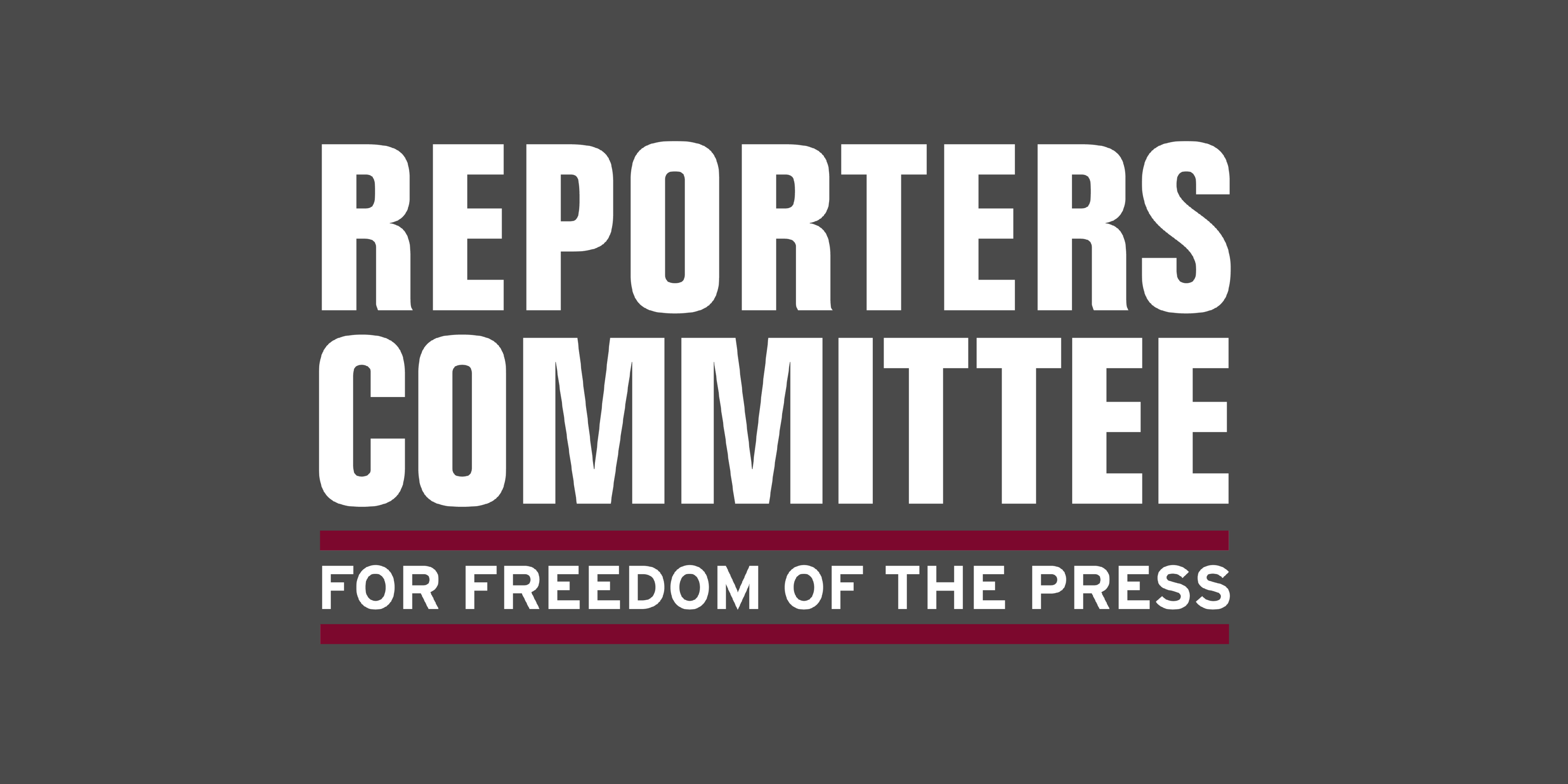First Circuit: Massachusetts can’t ban secret recording of law enforcement in public

The U.S. Court of Appeals for the First Circuit ruled on Tuesday that it is unconstitutional for the state of Massachusetts to ban secret audio recordings of law enforcement officers performing their official duties in public spaces.
Affirming a district court decision, an appeals court panel unanimously held that the state’s wiretapping statute violates the First Amendment to the extent that it criminalizes the audio recording of police officers performing their duties in public without the officers’ consent. The court concluded that the provision of the law that bans such recording, known as Section 99, doesn’t meaningfully interfere with police responsibilities.
“[D]espite a record that does little to show how secret, nonconsensual audio recording of police officers doing their jobs in public interferes with their mission,” Judge David J. Barron wrote in the court’s opinion, “Section 99 broadly prohibits such recording, notwithstanding the myriad circumstances in which it may play a critical role in informing the public about how the police are conducting themselves, whether by documenting their heroism, dispelling claims of their misconduct, or facilitating the public’s ability to hold them to account for their wrongdoing.”
The case, Martin v. Rollins, stems from a 2016 lawsuit filed by two civil rights activists against Boston’s police commissioner and the Suffolk County district attorney. In their complaint, the activists, K. Eric Martin and René Pérez, claimed that they had regularly recorded police activity openly in public, but that they feared secretly recording police because they were worried about running afoul the wiretapping statute. They argued that the statute violated the First Amendment “by causing Plaintiffs to refrain from constitutionally protected information gathering.”
In 2019, the U.S. District Court for the District of Massachusetts ruled Section 99 unconstitutional. The district attorney then appealed to the First Circuit.
In October 2019, the Reporters Committee, along with a coalition of 16 news media organizations, urged the appeals court to affirm the district court’s decision. The Reporters Committee argued in a friend-of-the-court brief that the First Amendment protects the right to gather and publish news on matters of public interest — including the public actions of government officials — and that any privacy interests under the statute must give way to the First Amendment issues at stake. The brief also argued that recording officials in public without the recorded officials’ awareness can, in some cases, better serve the public interest.
The First Circuit agreed. The appeals court found that, regardless of whether a recording is made secretly or openly, recording police officers in the public performance of their duties falls within the scope of newsgathering activities protected by the First Amendment. And echoing the argument made in the Reporters Committee’s brief, the court held that secret audio recording “can sometimes be a better tool” for observing police officer conduct than recording that is done openly.
“In sum,” Judge Barron wrote, “a citizen’s audio recording of on-duty police officers’ treatment of civilians in public spaces while carrying out their official duties, even when conducted without an officer’s knowledge, can constitute newsgathering every bit as much as a credentialed reporter’s after-the-fact efforts to ascertain what had transpired.”
The Reporters Committee regularly files friend-of-the-court briefs and its attorneys represent journalists and news organizations pro bono in court cases that involve First Amendment freedoms, the newsgathering rights of journalists and access to public information. Stay up-to-date on our work by signing up for our monthly newsletter and following us on Twitter or Instagram.